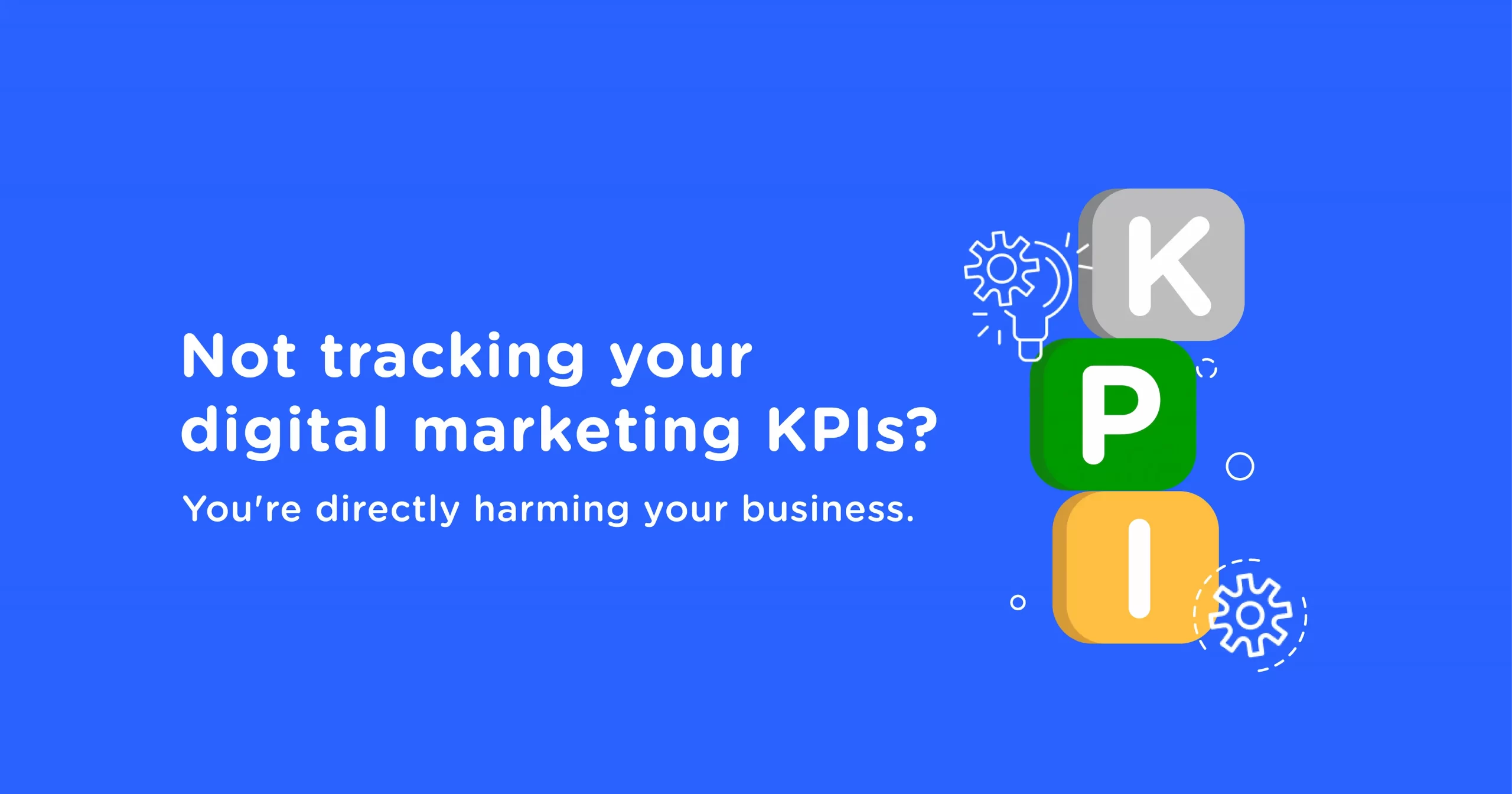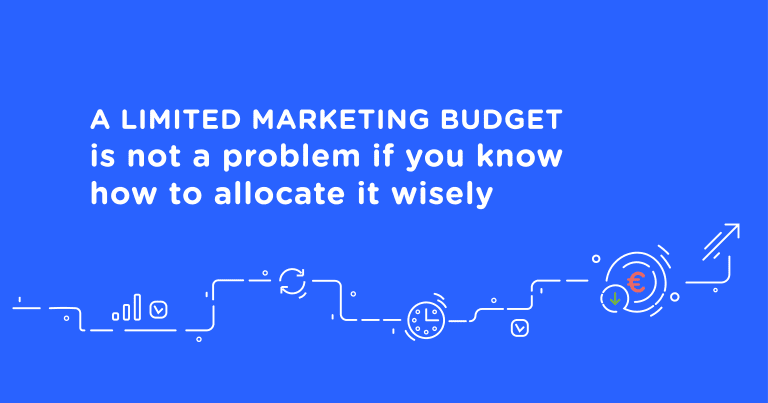A dynamic, fast-paced, and competitive market demands not only a high-quality product or service but also a purposeful, data-driven digital strategy to achieve your goals. However, to grow and expand, businesses must not only invest in strategies but also consistently monitor their effectiveness by setting clear KPIs (Key Performance Indicators).
Unfortunately, many businesses still skip this essential step. Instead, they rely on intuition and guesswork, which, over time, can lead to serious issues that hinder business success.
What Are KPIs and Why Are They Important?
Key Performance Indicators (KPIs) are quantitative metrics that help evaluate how effectively a business is achieving its strategic objectives. Different niches and industries require different KPIs. For example, e-commerce businesses often track metrics like conversion rates, average order value, or customer retention rates. Meanwhile, SaaS (Software as a Service) companies focus on subscriber growth, active user numbers, and other specific data points.
Tracking your KPIs allows you to see progress and assess goal achievement. It also helps identify the strengths and weaknesses of your strategy. On the other hand, businesses without a clear KPI monitoring system often fail to understand and evaluate their actual results, which prevents them from optimizing their digital marketing strategies and identifying the best investments for their budget.
What Risks Do You Face If You Don’t Define and Track Digital Marketing KPIs?
1. Inefficient Advertising Budget Allocation
Businesses without clear KPIs often spend on advertising without understanding their return on investment (ROI) or the benefits of different advertising channels. If a company doesn’t track how campaigns impact sales or other objectives, it risks allocating its budget to less effective channels, while potentially lucrative ones remain underutilized.
2. An Unoptimized Customer Journey
Without KPIs, it’s difficult to identify where you’re losing customers. Is it during website browsing, at the checkout page, or earlier in the process? Tracking KPIs helps evaluate and optimize every stage of the journey—from the first interaction with your brand to becoming a loyal customer.
3. Poor Customer Retention
Customer retention is one of the most crucial KPIs, yet many developing businesses overlook it. Long-term strategies without consistent KPI tracking often succeed in attracting customers but fail to retain them. This diminishes the return on investment (ROI) from acquiring customers, forcing businesses to constantly seek new clients, which drains their budget.
4. Missed Opportunities to Identify and Solve Problems
Tracking KPIs allows you to quickly spot issues, such as declining sales or reduced website traffic. Without timely action, these problems can spiral out of control, becoming much harder to fix.
Raibec’s Approach to KPI and Data Analysis
At Raibec, we believe KPIs are the foundation of a digital strategy. We begin every campaign by analyzing client goals and identifying relevant KPIs. With our expertise, we’ve identified metrics that effectively support online business growth, all of which are integrated into our unique 3D KPI system for managing online sales businesses.
This 3D KPI system allows businesses to monitor and track the performance of SEO, CRO, and email marketing efforts. Additionally, it provides a clear view of how Google Ads, Meta, or other advertising channels contribute to sales growth. The KPI tracking system features a dashboard with over 100 parameters and 800+ indicators.
How to Start Tracking KPIs?
If you don’t have a KPI tracking system in place, start with these steps:
- Set Your Goals – What do you want to achieve within a specific timeframe? For example, increasing sales or improving customer retention.
- Choose Relevant KPIs – Select KPIs that directly reflect your goals. Ensure these metrics are measurable and have clear targets.
- Use Tools – Tools like Google Analytics, Facebook Insights, and others can help track and analyze your KPIs.
- Evaluate and Improve Regularly – KPIs aren’t static. Regularly review results, analyze them, and adjust your strategy as needed.
Need Help with Your Digital Marketing KPIs?
If you have questions about your digital marketing KPIs or if your current strategy is no longer delivering value and your sales have stagnated, we invite you to reach out to us. Let’s discuss growth opportunities and strategies tailored to your business needs.







